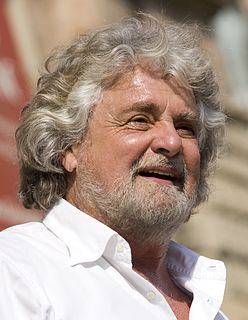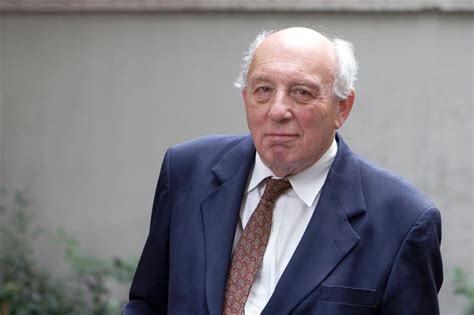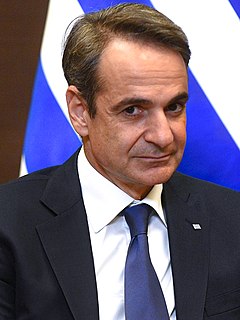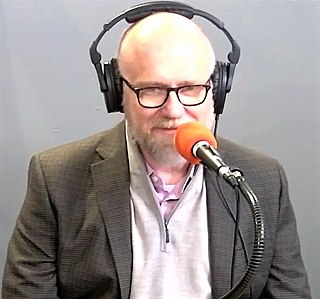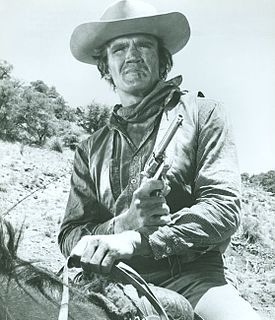A Quote by Beppe Grillo
It's a very beautiful word, populism. I'm proud to be a populist.
Related Quotes
Populism is folkish, patriotism is not. One can be a patriot and a cosmopolitan. But a populist is inevitably a nationalist of sorts. Patriotism, too, is less racist than is populism. A patriot will not exclude a person of another nationality from the community where they have lived side by side and whom he has known for many years, but a populist will always remain suspicious of someone who does not seem to belong to his tribe.
When it comes to explaining the phenomenon of right-wing populism, liberals are likely to argue both that the populist era has exposed a darkness always present at the heart of conservative politics and that a toxic, post-truth new-media ecosystem has greased the skids for President Trump, Brexit and the rest.
In Germany, a country that for obvious reasons is far more attuned than most to the dangers of demagogy, populism, and nationalism, lawmakers have already proposed taking legal measures against fake news. When populist, nationalist fake news threatens the liberal democratic center, other Europeans may follow suit.
